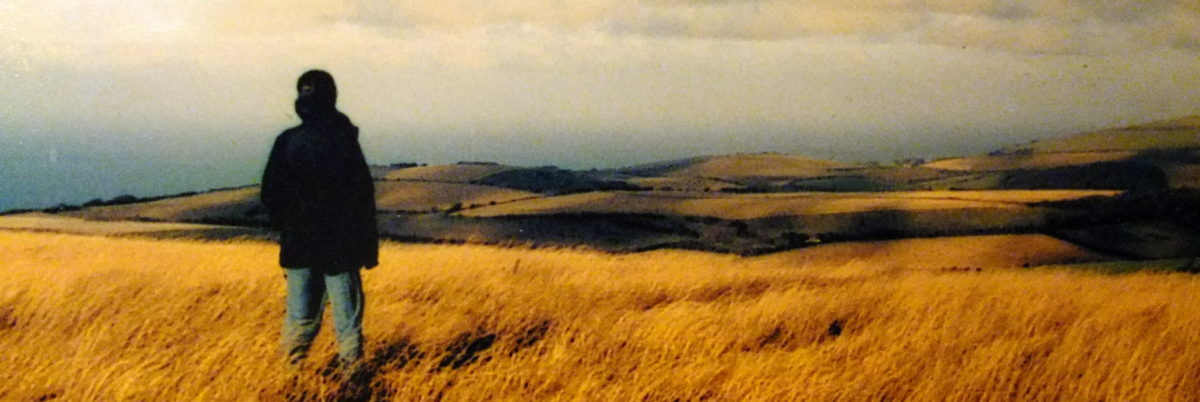
Yesterday after work I went shopping in the local sprawling shopping center. On the weekend I will worship with others of my faith tradition. In two weeks my grandchildren start back to school. I loved the concert I attended last week with my husband.
These are ordinary life activities, and I relax in the safe familiarity of them. Schools and churches and stores and concert halls have been safe places where good things have happened throughout my life.
There are many places in the world where the daily activities of shopping in the market, attending school, going to work, or worshipping in church or synagogue or mosque are life-threatening. There are many places where violent death is a daily danger.
I grieve that my country, with its great beauty and its great potential for creating safe lives for those who live here, has become less safe, more fearfully dangerous. I grieve that, within the last few years, other countries have issued travel warnings to those considering visits to the United States. Warnings have have come from countries whose people might be targeted for violence because of religion or race. But travel warnings have also come from such countries as Great Britain, Ireland, Germany, Canada and New Zealand. “Be aware of the potential risk of gun violence and terrorism anywhere” is the general message.
Gunfire is not an unusual sound here in my rural Pennsylvania area. I hear the neighbors practicing target shooting, and, in late November, I hear the hunters who help control our burgeoning deer population. But no one has pointed a gun at me, and I have not been afraid. Life does not come with a safety guarantee for anyone, but in my life I have lived in safe places and felt that I was safe from violent death. I know that I have been privileged.
For me, violence and its accompanying tragedy has been secondhand. I have seen the powerful, painful pictures and read the heartbreaking stories, but I have not suffered as others have who cry out and live the pain and the loss. My heart has wept, I have been angry and horrified, but I have not known the agony of realizing my child will never come home, that my lover is gone forever. I have not carried such burdens through the years.
What is to be done with such privilege? How am I called to live? I have searched for answers, and I invite readers who have been similarly privileged to search for themselves. So far, this is my answer:
I must never become inured to the suffering of others; I must not look away from pain to protect my own comfort. I will try to live safely but never to live a shuttered, locked-down, self-protected life where the illusion of safety appears to be something one can capture and possess.
I have visited the room where cynicism and despair live, but I must not remain in that bleak and hopeless place. I am called to be bold in speaking or writing truths I believe, and to join with others, however I can, to create more places of safety for all.
There are many ways in which violence explodes into the lives of ordinary people. When a culture protects the potential and the means for violence, it can become a norm. Like a plant pushing to grow into a stone wall, trying to change a cultural norm is very hard work. Not impossible, just hard, long, discouraging work. I will, as I am able, show up for this work.
This is what the Lord says: Do what is just and right. . . Do no wrong or violence to the foreigner, the fatherless or the widow, and do not shed innocent blood in this place. (Jeremiah 22:3)

